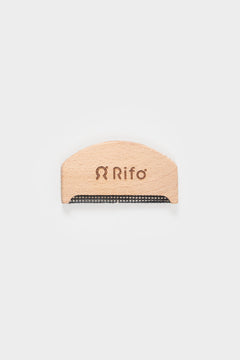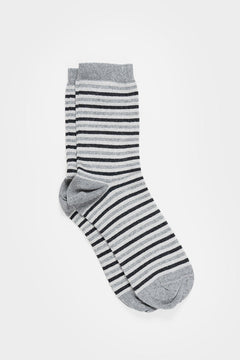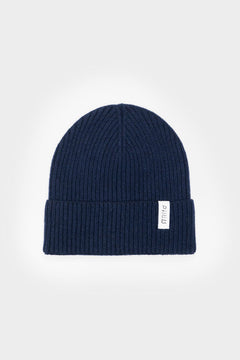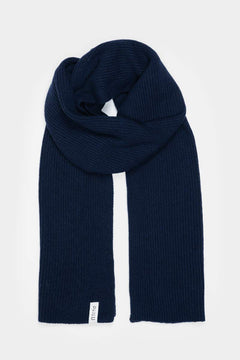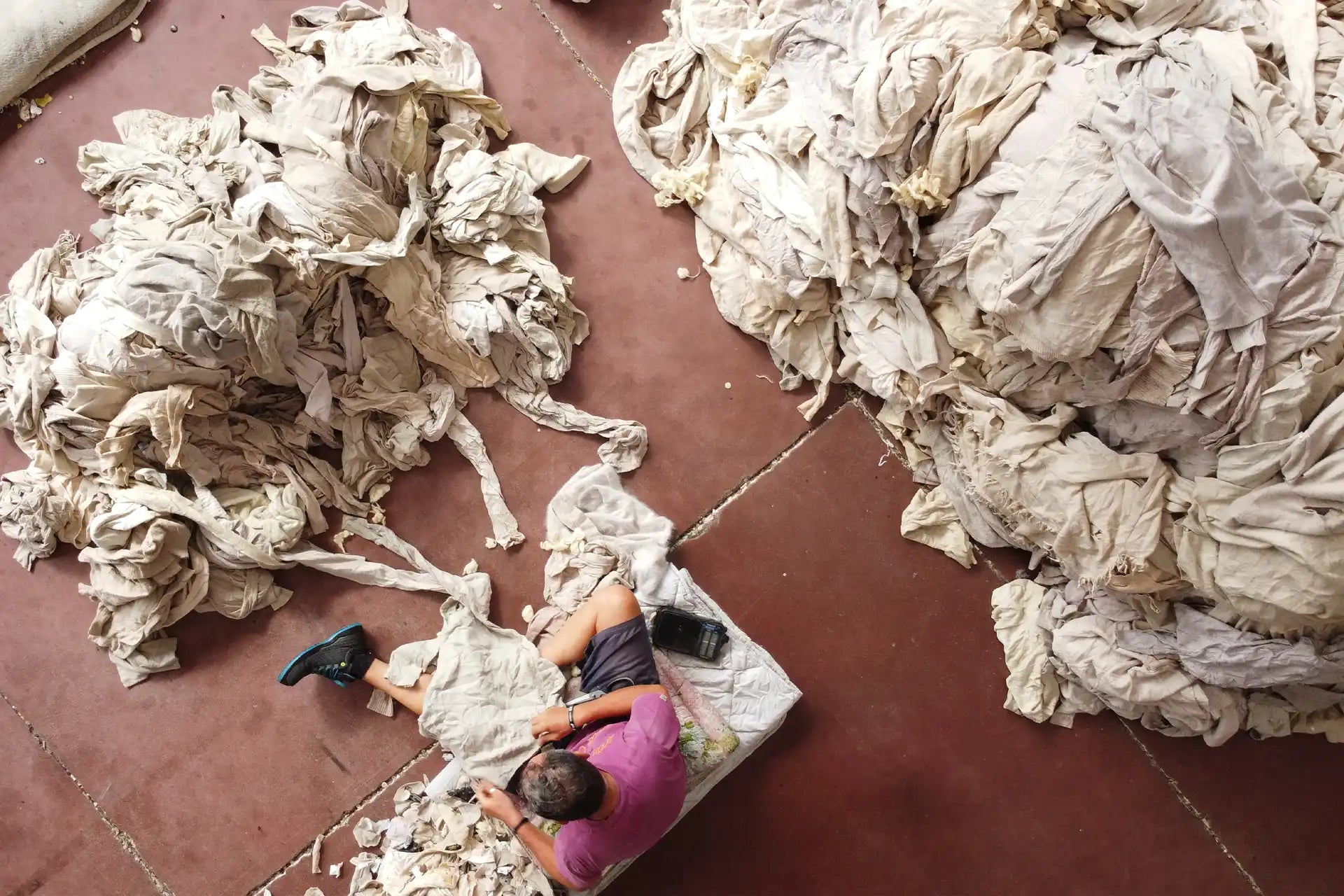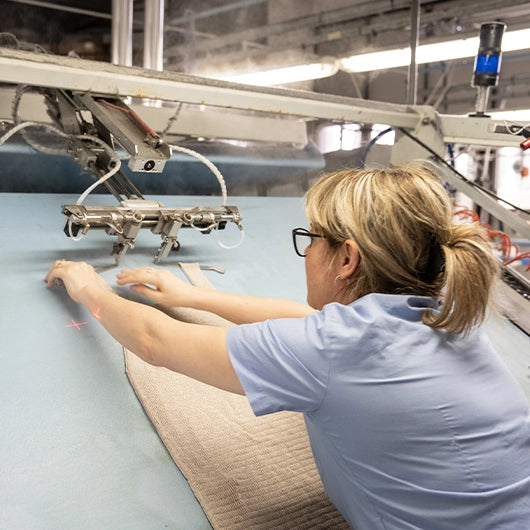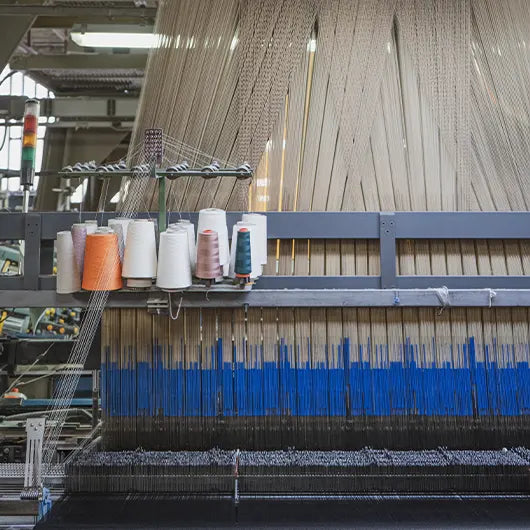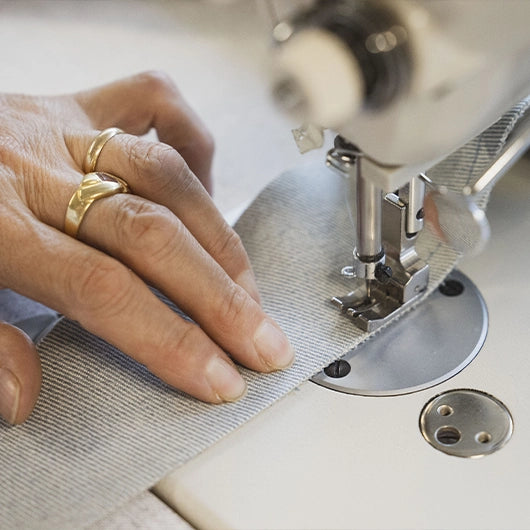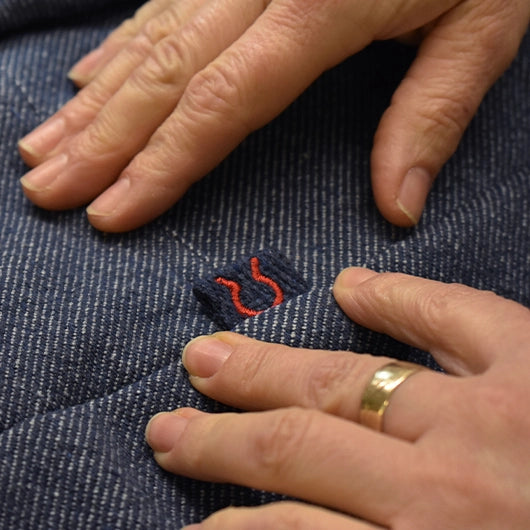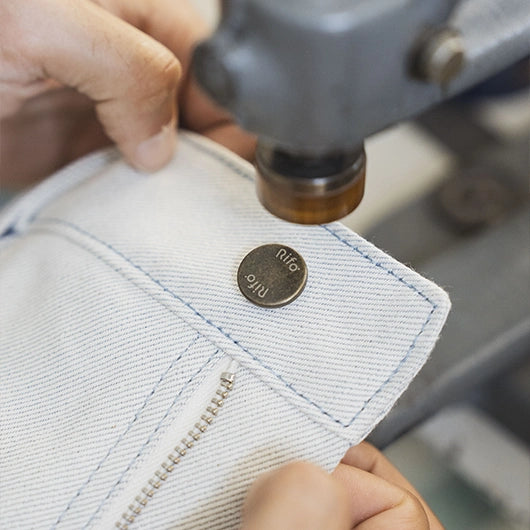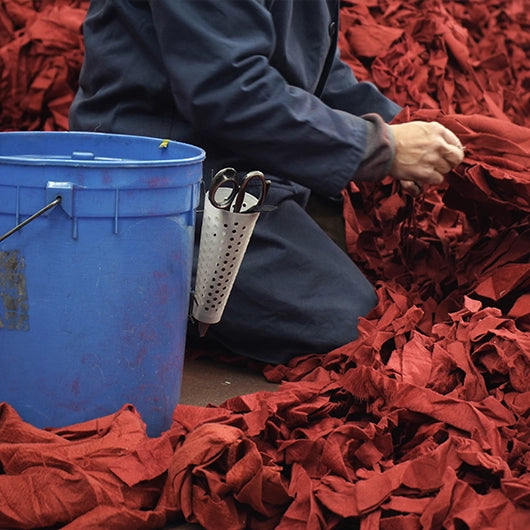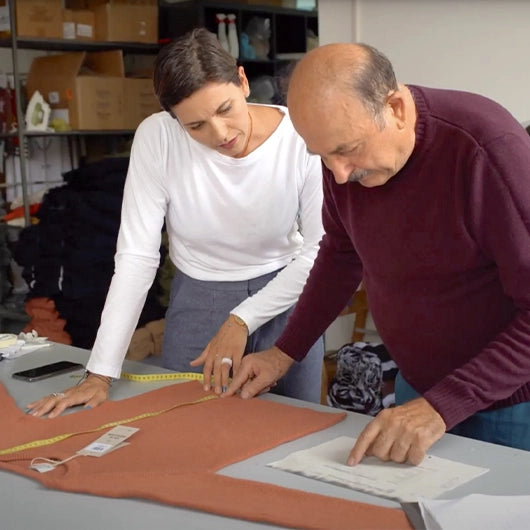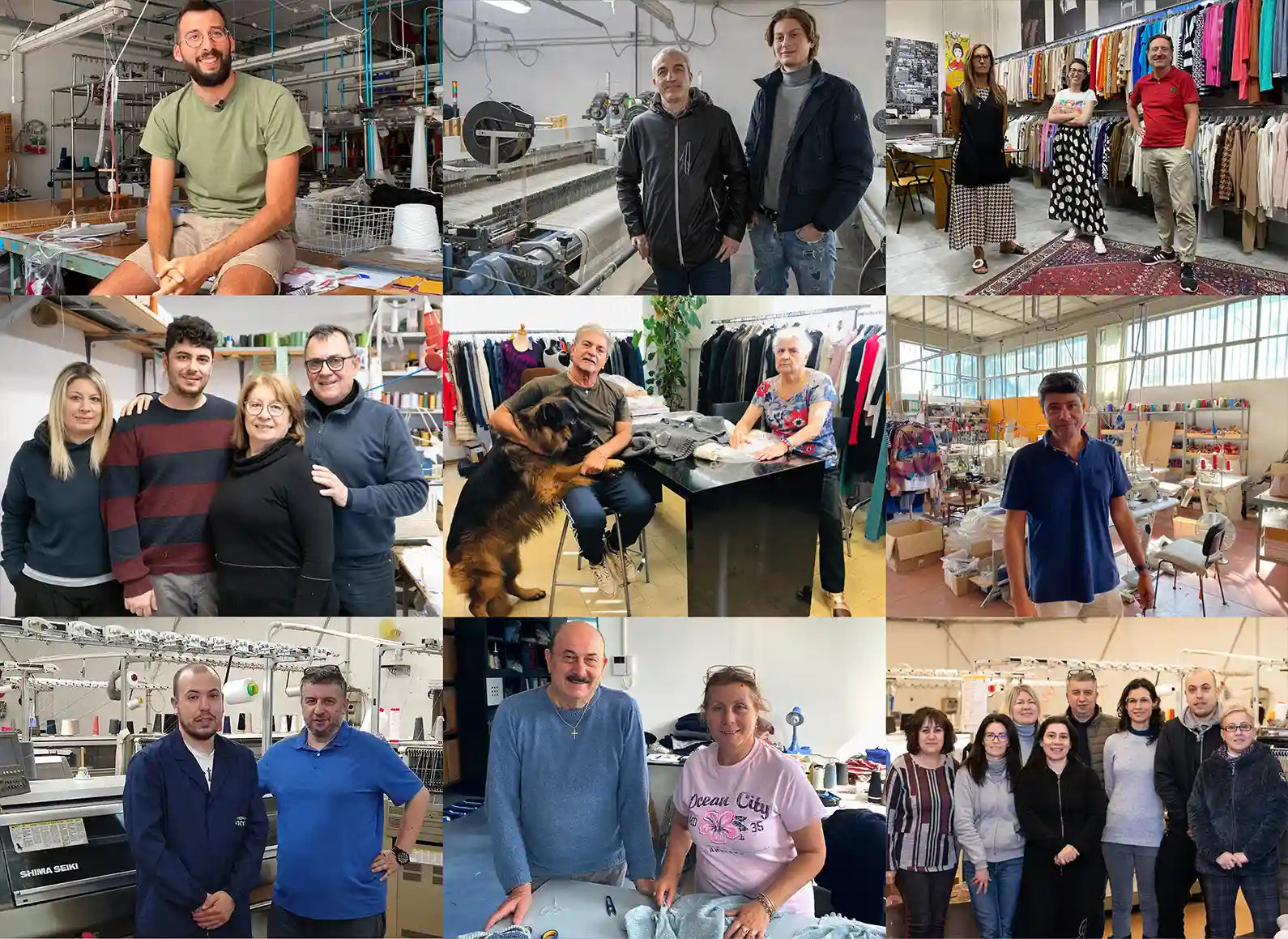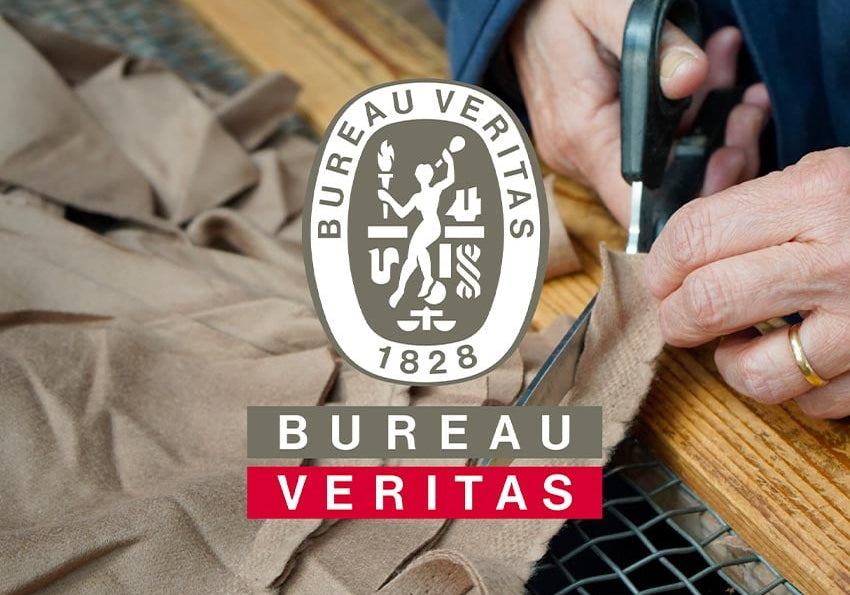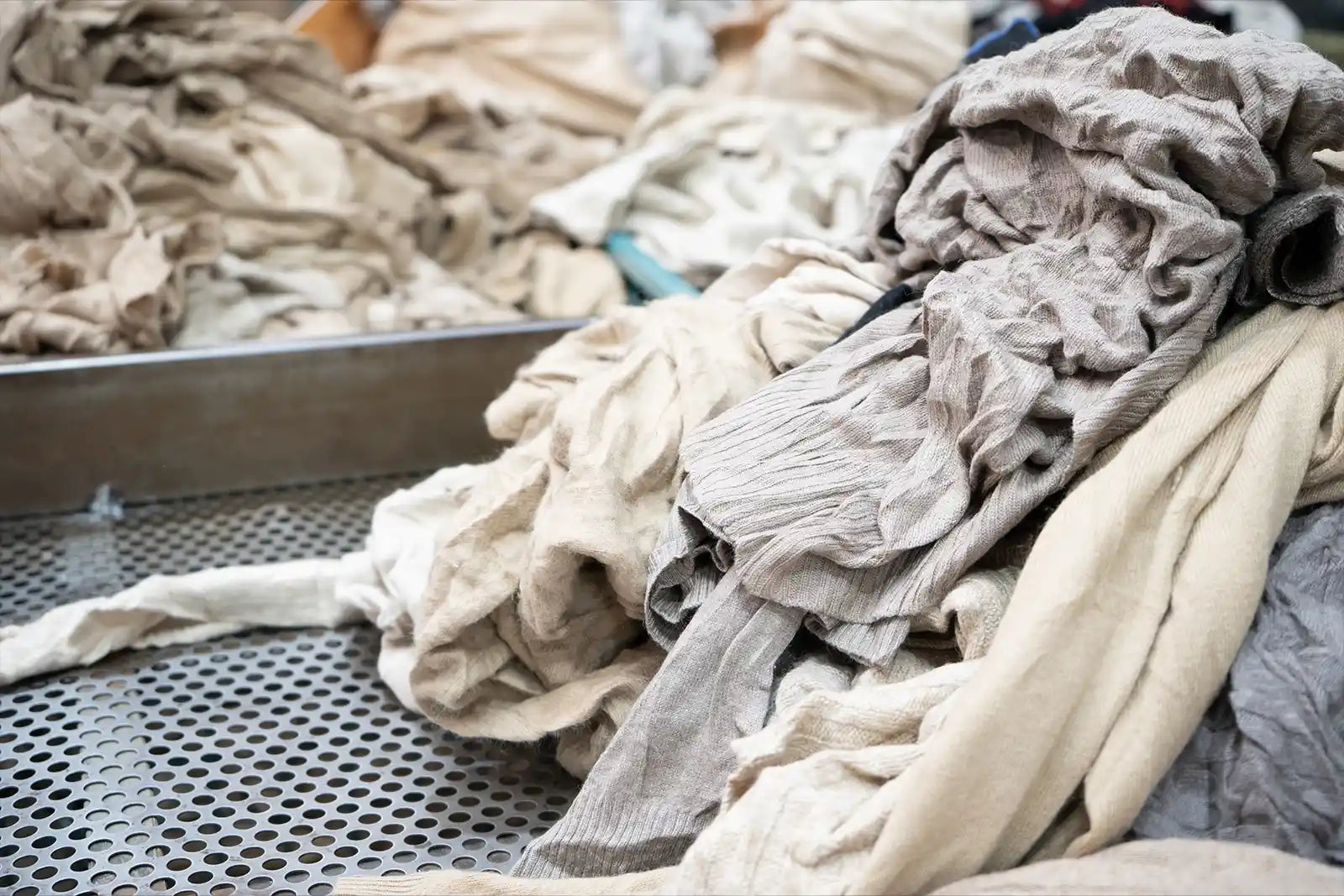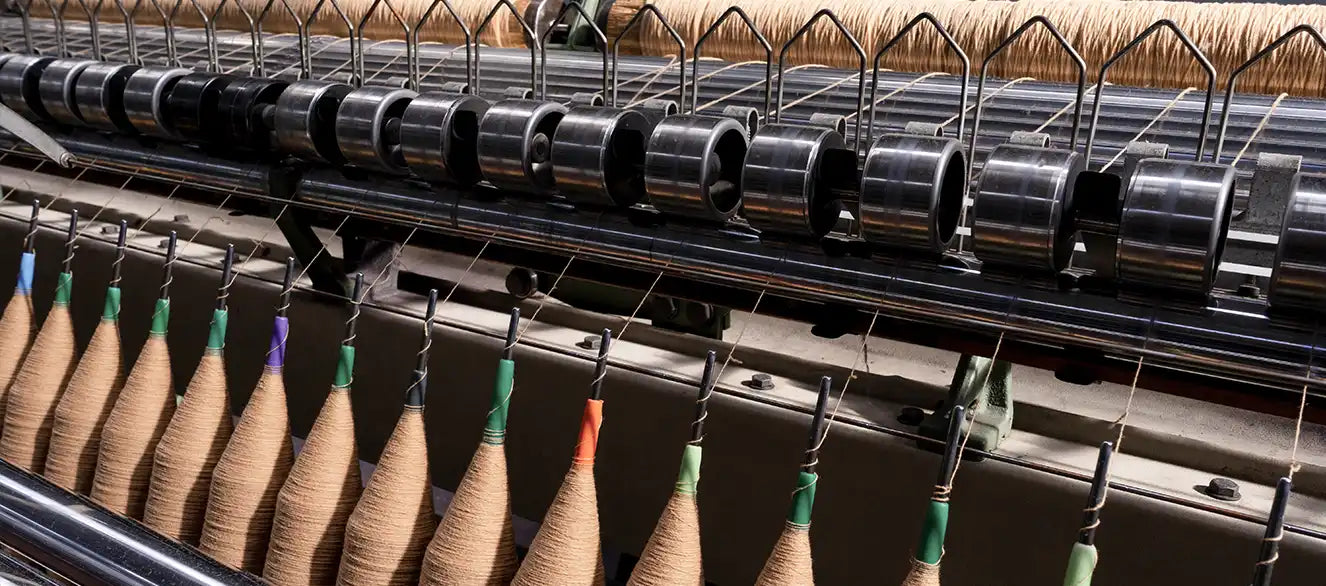We have been certifying our supply chain since 2022 in collaboration with the auditing company Bureau Veritas, to be certain of the working conditions and compliance of our suppliers with the principles of social sustainability, in the following areas:
- Work environment (health and safety)
- Work hours
- Remuneration
- Environment
- Transparency in the supply chain
- Regulatory compliance
- Forced labor and child labor
In 2024, we audited 4 first- and second-tier suppliers, identifying only 5 non-conformities out of a total of 82 inspections carried out. Thanks to corrective action plans, 100% of these issues have already been resolved.


